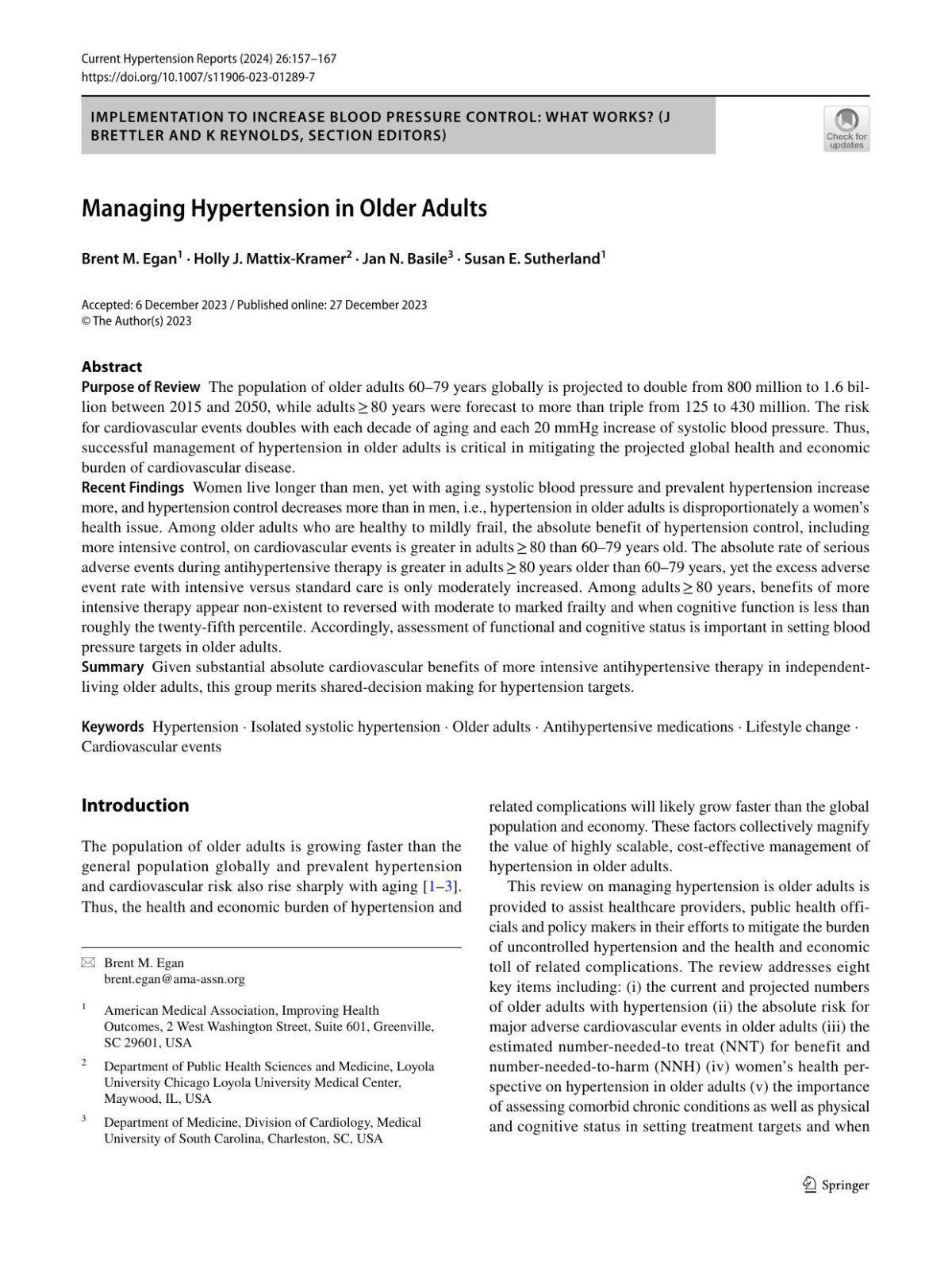

Most ebook files are in PDF format, so you can easily read them using various software such as Foxit Reader or directly on the Google Chrome browser.
Some ebook files are released by publishers in other formats such as .awz, .mobi, .epub, .fb2, etc. You may need to install specific software to read these formats on mobile/PC, such as Calibre.
Please read the tutorial at this link: https://ebookbell.com/faq
We offer FREE conversion to the popular formats you request; however, this may take some time. Therefore, right after payment, please email us, and we will try to provide the service as quickly as possible.
For some exceptional file formats or broken links (if any), please refrain from opening any disputes. Instead, email us first, and we will try to assist within a maximum of 6 hours.
EbookBell Team

4.7
96 reviewsAbstract
Purpose of Review The population of older adults 60–79 years globally is projected to double from 800 million to 1.6 billion between 2015 and 2050, while adults≥80 years were forecast to more than triple from 125 to 430 million. The risk
for cardiovascular events doubles with each decade of aging and each 20 mmHg increase of systolic blood pressure. Thus,
successful management of hypertension in older adults is critical in mitigating the projected global health and economic
burden of cardiovascular disease.
Recent Findings Women live longer than men, yet with aging systolic blood pressure and prevalent hypertension increase
more, and hypertension control decreases more than in men, i.e., hypertension in older adults is disproportionately a women’s
health issue. Among older adults who are healthy to mildly frail, the absolute benefit of hypertension control, including
more intensive control, on cardiovascular events is greater in adults≥80 than 60–79 years old. The absolute rate of serious
adverse events during antihypertensive therapy is greater in adults≥80 years older than 60–79 years, yet the excess adverse
event rate with intensive versus standard care is only moderately increased. Among adults≥80 years, benefits of more
intensive therapy appear non-existent to reversed with moderate to marked frailty and when cognitive function is less than
roughly the twenty-fifth percentile. Accordingly, assessment of functional and cognitive status is important in setting blood
pressure targets in older adults.